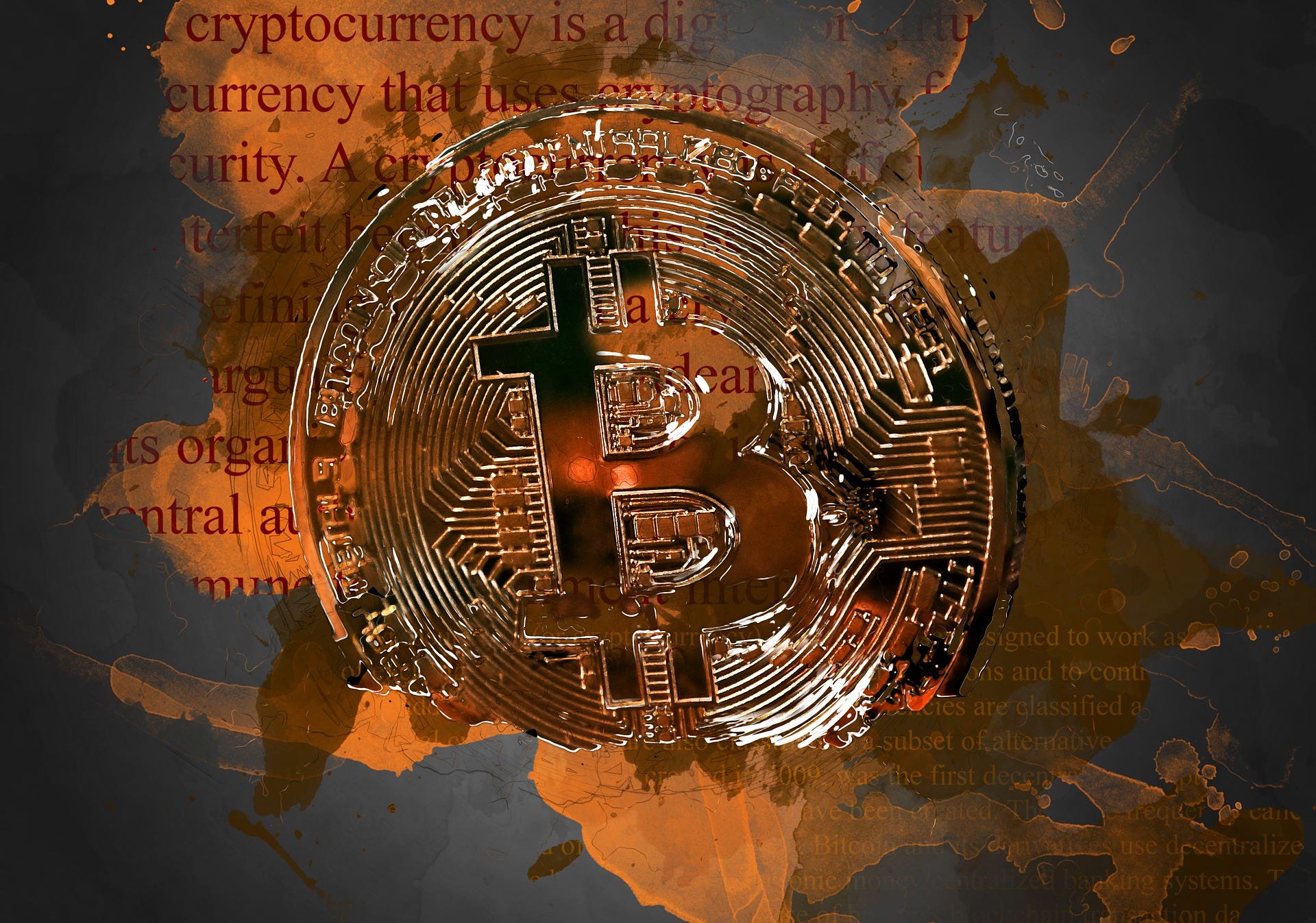PALO ALTO, Calif. (Reuters) - The Federal Reserve is looking at a broad variety of issues around digital payments and fedcoin price currencies, consisting of policy, design and legal considerations around potentially issuing its own digital currency, Guv Lael Brainard said on Wednesday. Brainard's remarks recommend more openness to the possibility of a Fed-issued digital coin than in the past." By changing payments, digitalization has the possible to provide higher worth and fedcoin 2020 benefit at lower expense," Brainard stated at a conference on payments at the Stanford Graduate School of Organization.
Reserve banks worldwide are debating how to manage digital finance technology and the distributed ledger systems utilized by bitcoin, which guarantees near-instantaneous payment at potentially low cost. The Fed is establishing its own round-the-clock real-time payments and settlement service and is currently examining 200 remark letters sent late in 2015 about the proposed service's design and scope, Brainard said.
Less than 2 years ago Brainard informed a conference in San Francisco that there is "no compelling demonstrated need" for such a coin. However that was prior to the scope of Facebook's digital currency aspirations were widely understood. Fed officials, including Brainard, have raised issues about customer securities and data and personal privacy hazards that could be positioned by a currency that might come into use by the third of the world's population that have Facebook accounts.
" We are collaborating with other main banks as we advance our understanding of reserve bank digital currencies," she stated. With more countries looking into providing their own digital currencies, Brainard stated, that contributes to "a set of factors to also be ensuring that we are that frontier of both research study and policy advancement." In the United States, Brainard said, problems that need study include whether a digital currency would make the payments system much safer or easier, and whether it could present financial stability dangers, including the possibility of bank runs if cash can be turned "with a single swipe" into the reserve bank's digital currency.

To counter the financial damage from America's unprecedented nationwide lockdown, the Federal Reserve has taken unmatched actions, including flooding the economy with dollars and investing straight in the economy. The majority of these relocations got grudging approval even from lots of Fed skeptics, as they saw this stimulus as needed and something only the Fed could do.
My brand-new CEI report, "Government-Run Payment Systems Are Unsafe at Any Speed: The Case Versus Fedcoin and FedNow," information the threats of the Fed's current strategies for its FedNow real-time payment system, and propositions for central bank-issued cryptocurrency that have actually been called Fedcoin or the "digital dollar." In my report, I discuss issues about personal privacy, information security, currency control, and crowding out private-sector competitors and innovation.
Proponents of FedNow and Fedcoin state the federal government must develop a system for payments to deposit instantly, rather than motivate such systems in the personal sector by lifting regulatory barriers. But as noted Visit this site in the paper, the personal sector is supplying a seemingly unlimited supply of payment technologies and digital currencies to fix the problemto the extent it is a problemof the time gap between when a payment is sent out and when it is received in a savings account.
And the examples of private-sector development in this location are lots of. The Cleaning House, a bank-held cooperative that has actually been routing interbank payments in numerous forms for more than 150 years, has actually been clearing real-time payments given that 2017. By the end of 2018 it was covering 50 percent of the deposit base in the U.S.